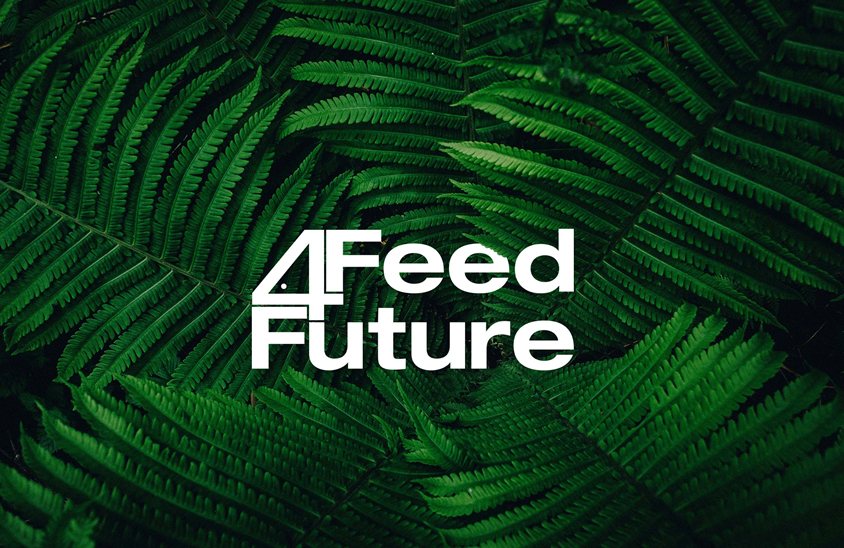
News
Feeding and Nutrition
Sustainability
Skretting feed portfolio gets carbon neutral certification
January 26, 2021 By Nestor Arellano
 (Image from Skretting)
(Image from Skretting) Skretting Italy is adding a certified carbon neutral product to its portfolio.
The fish feed producer announced this week that its pioneering Carbon Footprint Systematic Approach has been certified according to ISO 14067:2018. The international standard provides globally agreed principles, requirements and guidelines for the quantification and reporting of the carbon footprint of a product.
Skretting’s Feed4Future diets have a 10 per cent lower carbon footprint than standard diets, with the remaining CO2 emissions compensated for by carbon credits, according to Skretting. Its MicroBalance technology incorporates materials and high-quality by-products sourced from the food industry that don’t compete with human consumption.
The Feed4Future concept increases the flexibility of Skretting feed formulations. Additionally, the company’s CarbonBalance suite of services – available to all users of Feed4Future solutions – incorporates marketing support to help users build and share their carbon neutrality stories.
“We have entered a critical phase of climate recovery,” said Umberto Luzzana, marketing manager at Skretting Italy. “Through carbon neutrality, fish farmers in Italy and beyond have the opportunity to become part of the solution as climate leaders.”
Forty species of fish, shellfish and crustaceans are farmed in Italy, but 97 per cent of the production is based on five species: rainbow trout in freshwater and European seabass, gilthead seabream, Mediterranean mussel, and Japanese carpet shell in marine waters, according to the Food and Agricultural Organization (FAO) of the United Nations.
Italian aquaculture can be divided into three main farming systems: extensive fish culture (ponds, confined coastal lagoons, “valli”), intensive fish culture (land-based, inshore and offshore cages) and shellfish culture (suspended and bottom culture), according to the FAO.
Having a carbon neutral fish feed alternative will help Italian fish producers, calculate and fulfill their environmental commitments while increasing revenue and reducing cost and risks, said Luzzana.
Print this page